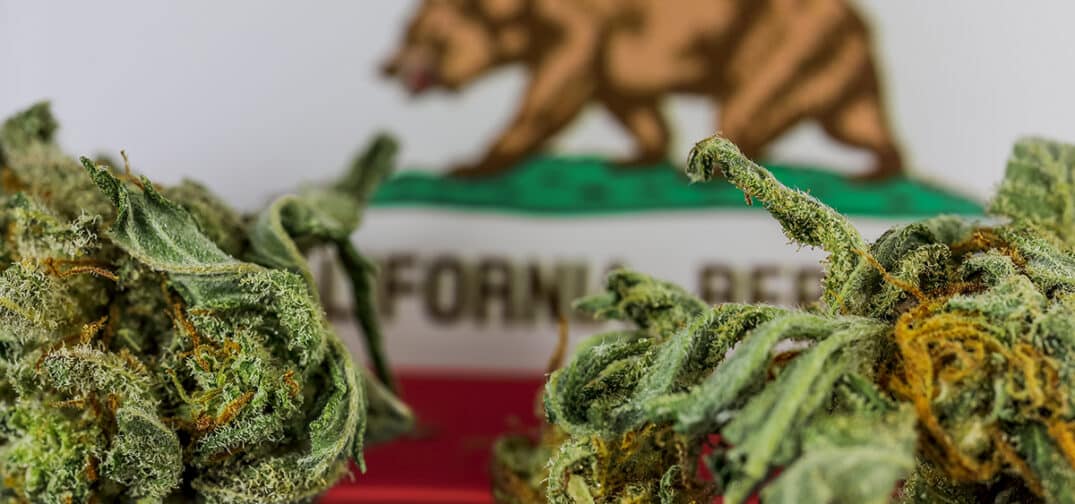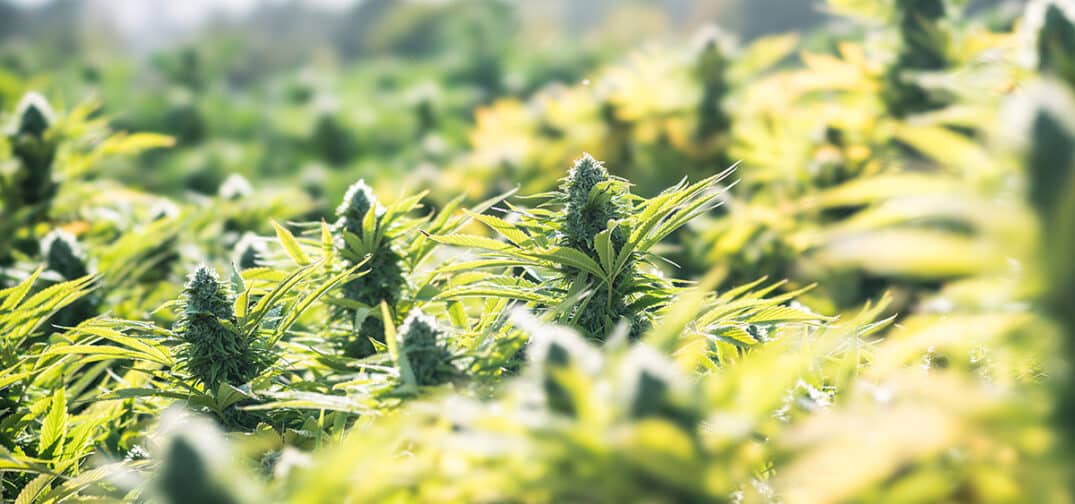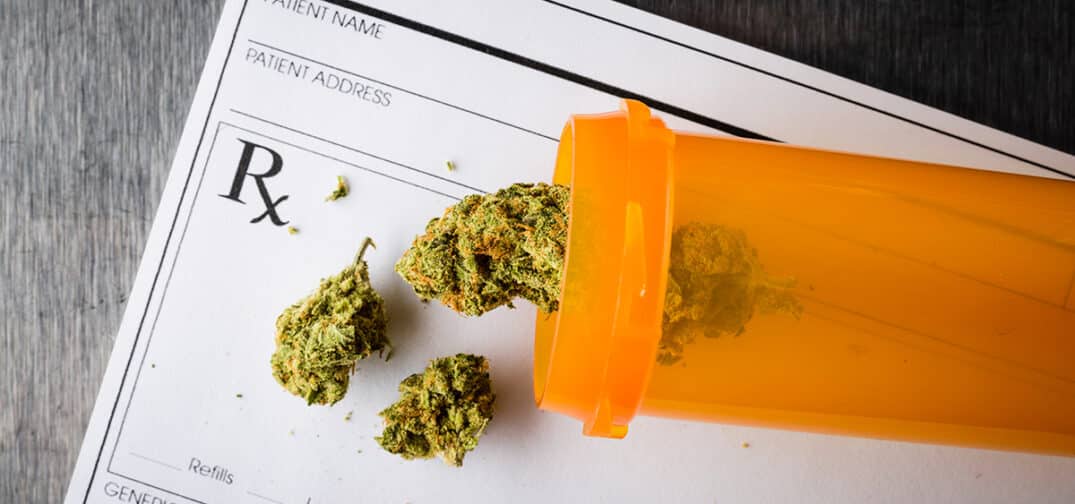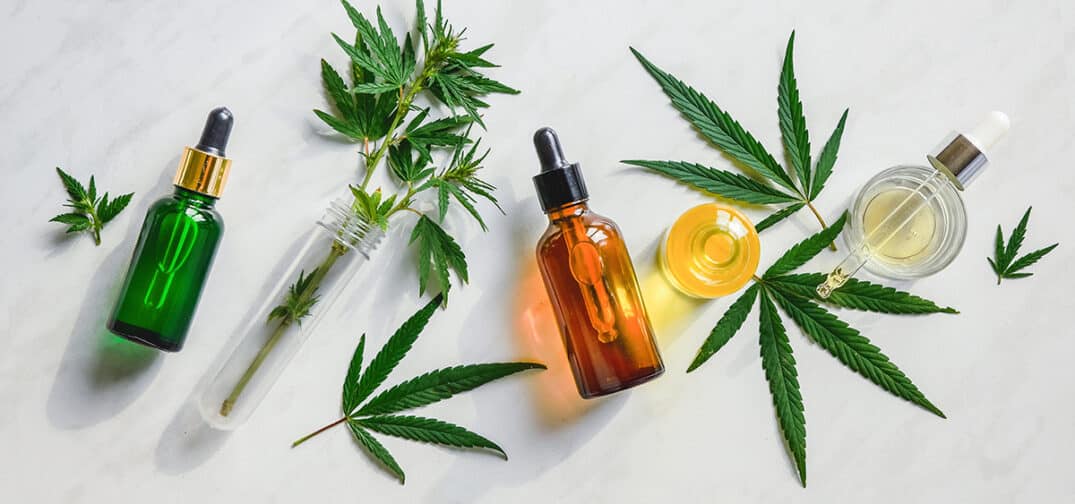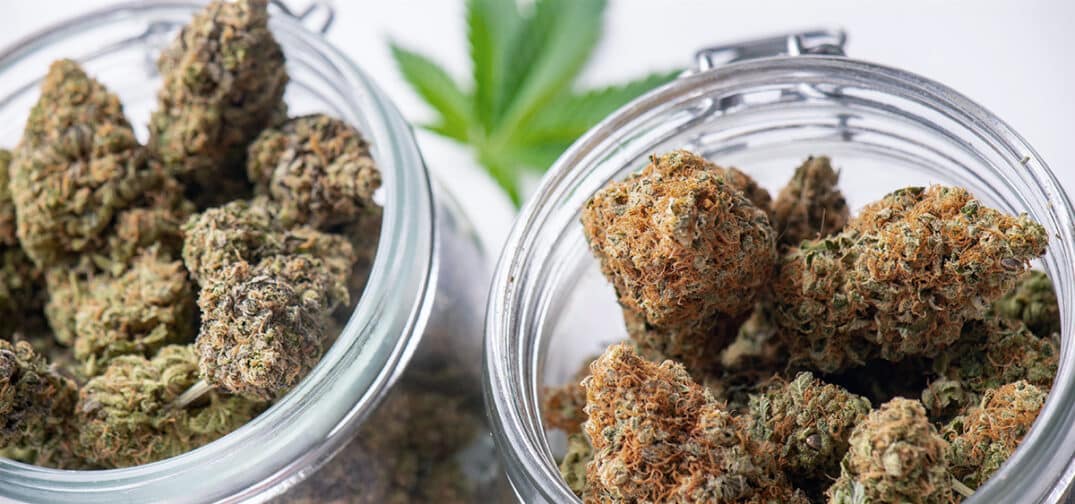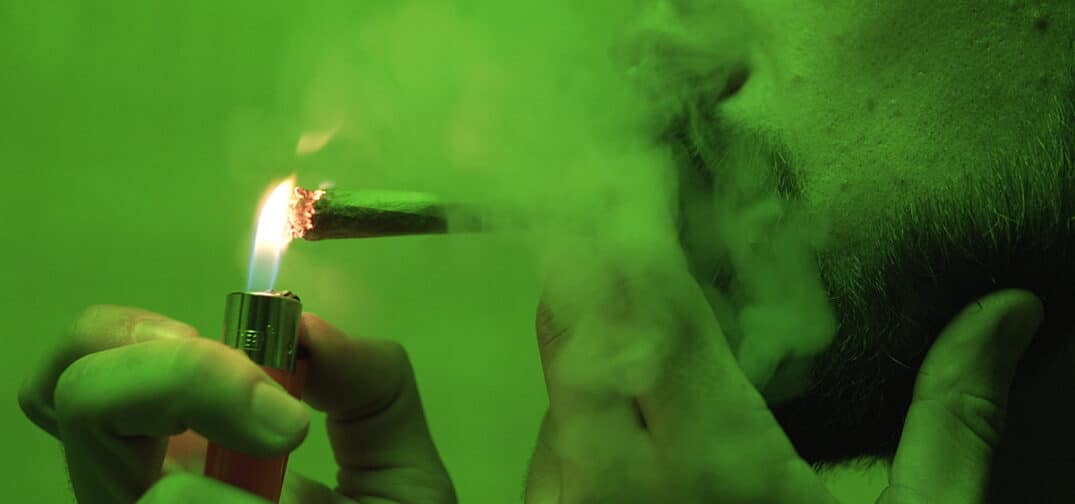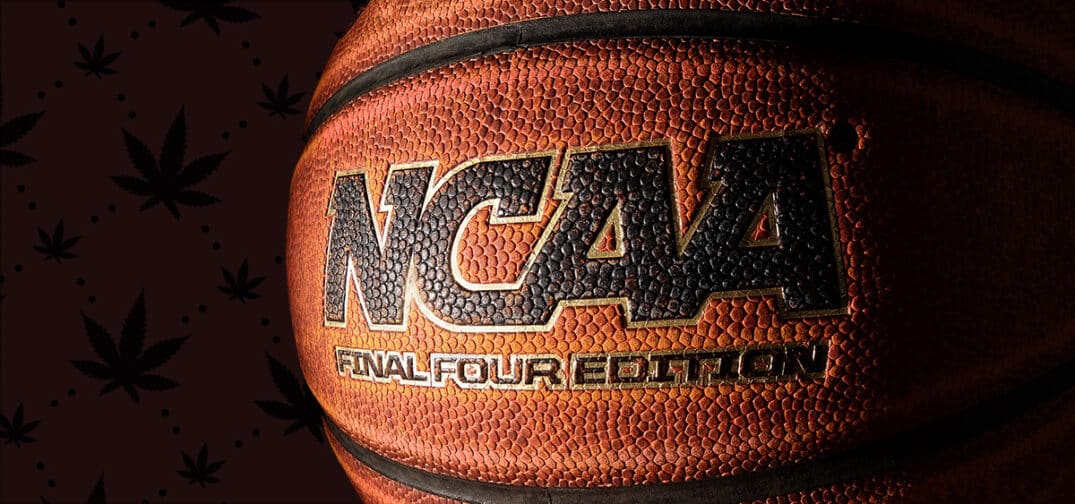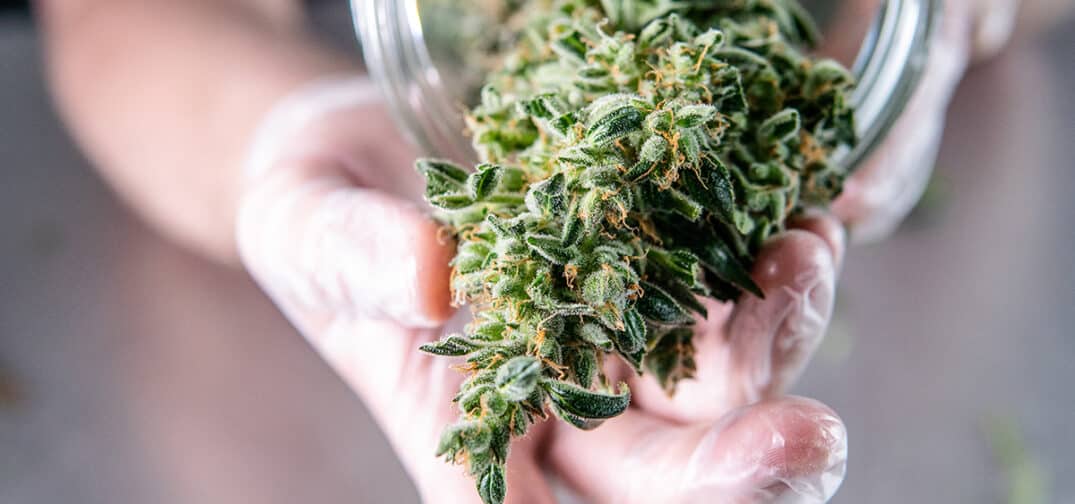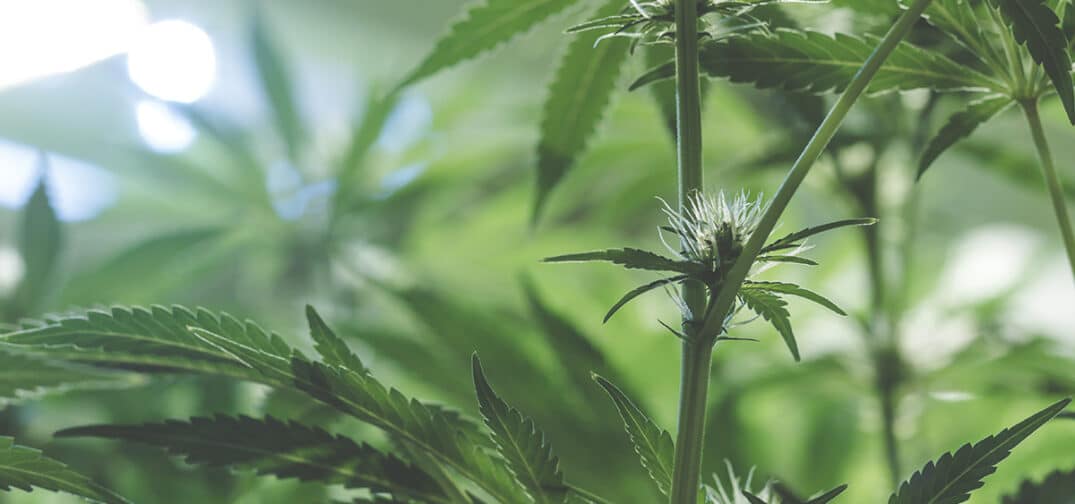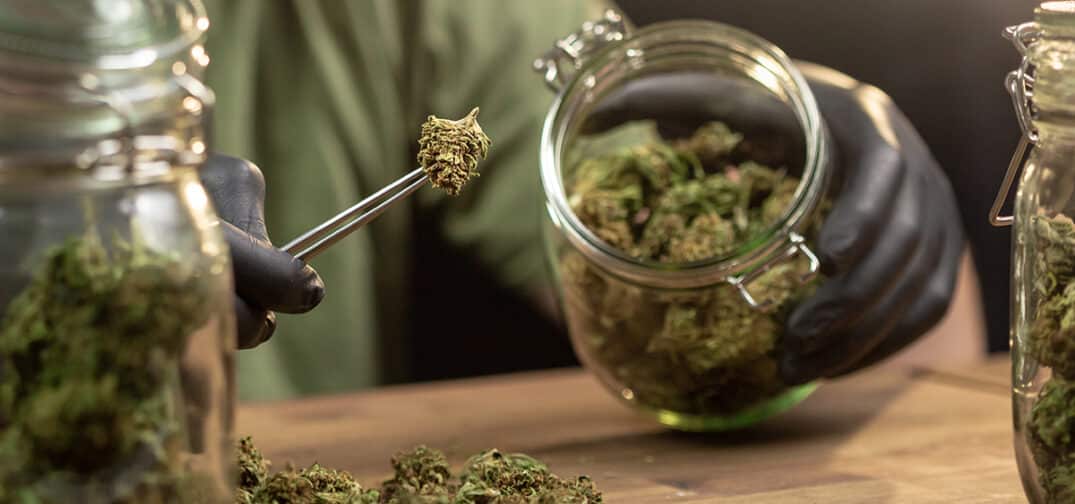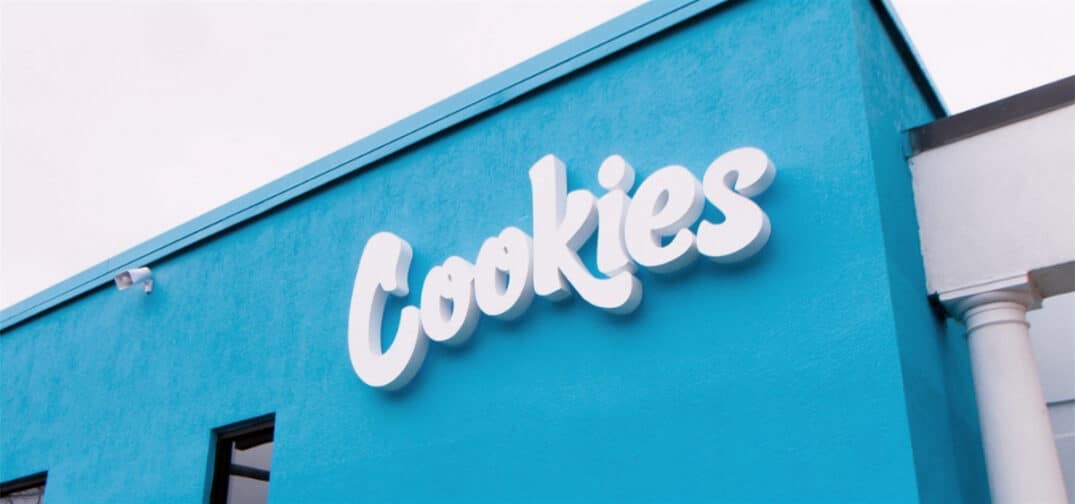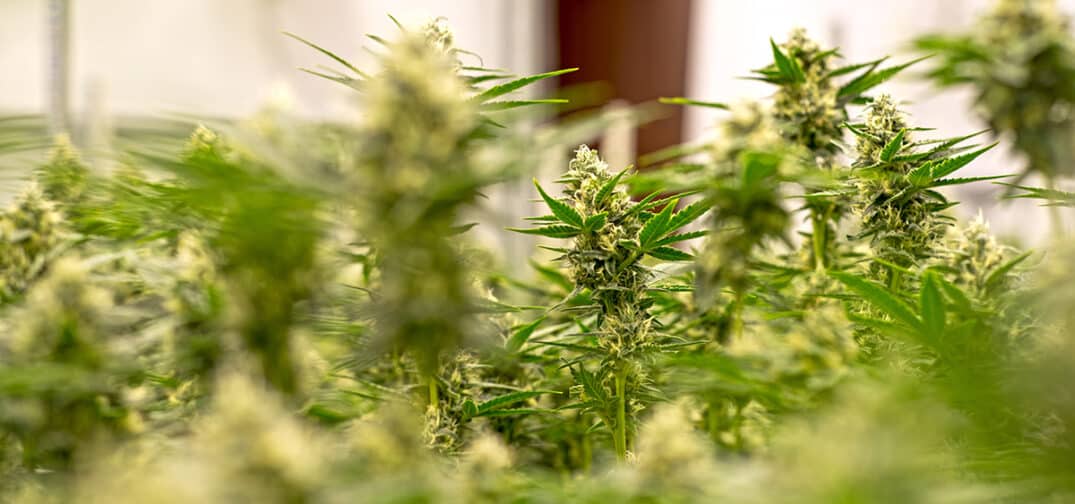California cannabis distributor Herbl is shutting down its operations and entering receivership, according to an MJBizDaily report.
Herbl was one of the largest licensed cannabis distributors in California’s cannabis industry, which operates on a mandatory distributor model, meaning all brands must sell their products through licensed distributors like Herbl. The company reportedly handled about $700 million in product sales in 2022.
It marks the largest collapse so far of a California cannabis brand, and the development could leave other brands out potentially tens of millions of dollars in unpaid invoices; the state may also be owed millions still in unpaid taxes, the report said.
“The recent receivership of Herbl, one of California’s largest cannabis distributors, should be a wake-up call to policymakers that all is not well, and immediate action is called for to avert a crisis that has already started. Herbl was well-run, well-financed and stocked with well-known brands. However, even with these advantages, it was unable to overcome the structural challenges of operating in California and now finds itself in receivership.” — Wesley Hein, President of the Cannabis Distribution Association, via MJBizDaily
Former Herbl employees mentioned on LinkedIn last week that they were searching for new jobs. The company has reportedly laid off the majority of its workforce, leaving just a “skeleton crew” pursuing payments from retailers while fielding calls from other California operators who are in turn looking for payments owed to them by Herbl, according to the report.
The company started to miss payments to other brands about six weeks ago, the report said.
End
